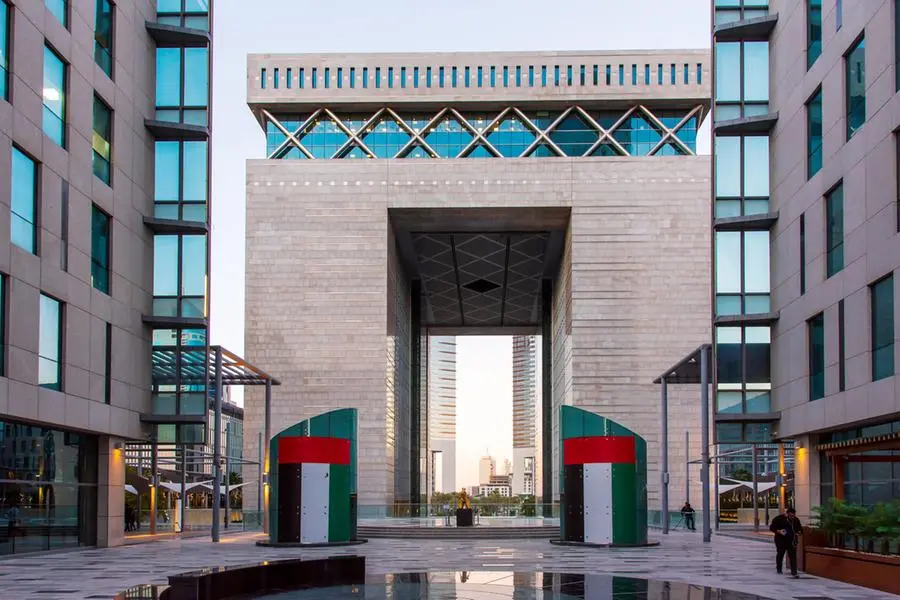PHOTO
The Dubai International Financial Centre (DIFC), one of the leading international financial centres globally, generates more than 12% of Dubai’s GDP, according to Essa Kazim, Governor of the DIFC.
Delivering his keynote speech at the ‘DIFC Fintech Week’ event in Dubai on Tuesday, the Governor said, “The confidence of financial firms in Dubai and DIFC is already a key contributor to our economy, with our clients generating over 12% of Dubai’s GDP. Today, over 20% of the UAE’s financial services balance sheet is held by DIFC-based entities and the market size of DIFC activities totals more than 700 billion US dollars.”
He said the foundations for the next phase of DIFC’s growth are already in place and they are delivering impressive results.
“In 2021 alone, the DIFC managed to attract nearly 1000 new businesses, growing our base of total firms to 3,650 which represented an annual growth of 25%.
“Of this base of nearly 3700 clients, over 500 are innovation firms, which was an increase of 67% versus the prior year and accounts for more than 60 per cent market share in the Middle East and North Africa. Our rate of client acquisition of innovation firms doubled in 2021 as compared to 2020. The number of people working in those innovation companies has increased by 362% to reach almost 2000 people,” he added.
The Governor said that DIFC’s Innovation Hub, has become a successful catalyst for the growth of start- ups due to its comprehensive ecosystem that incorporates education, accelerator programmes, mentoring, cost-effective regulatory and operating licenses, and access to funding opportunities.
Three critical factors
The Governor outlined three factors that will support innovation in the finance industry going forward.
The first is that Dubai and DIFC recognise that access to funding is of paramount importance to start-ups.
“DIFC’s FinTech Fund is now part of the broader Dubai Future District Fund and is helping start-ups and VC funds by investing 1 billion dirhams. 20 investments have been made to date,” he said, adding, “Most recently, we have launched the region’s first Venture Debt Fund which provides an alternative to equity capital and provides a new funding option for start-ups and growth stage firms to without substantially diluting their existing shareholder structure.”
The second factor, he said, is that start-ups need access to expertise, which may have previously been too costly.
“DIFC has created the region’s first Venture Studios, which provides a solution to this challenge. The studios will help start-ups scale their business by providing legal and regulatory support, access to talent and offering shared services such as marketing, branding design and engineering,” he said.
The third factor is about fostering greater collaboration between banks, regulators and industry players, including start-ups, who can deliver solutions to use cases.
(Reporting by Sunil S; editing by Seban Scaria)





















